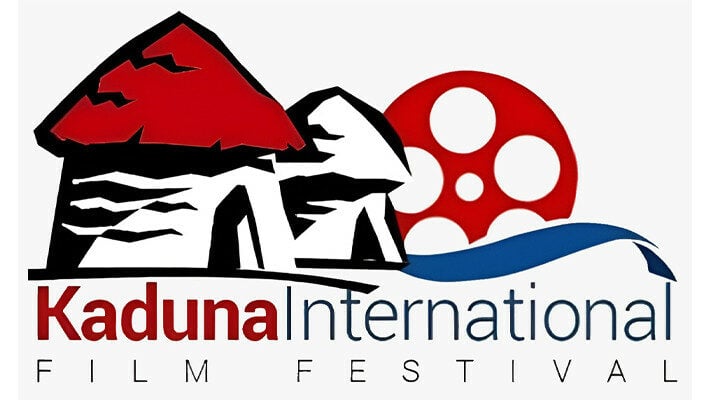Kaduna International Film Festival (KADIFF), in collaboration with the United States (US) Embassy in Nigeria, via the American Film Showcase (AFS), trained 12 veteran and fledgling filmmakers on how to finance documentary films.
The one-day, three-hour masterclass was facilitated by Lisa Hasko, head of Exchanges at AFS, who brings over 15 years’ experience championing filmmakers and their stories to the session, and Dorina Amina Abubakar, programme director at African Creative TV (ACTV).
The masterclass in financing comes as a result of the production gap in documentary filmmaking in Nigeria. Participants noted that the few funds targeted at filmmaking focus on fictional productions, while governmental authorities are only willing to channel resources to politically inclined documentaries.
Beyond funding, Nigeria is just beginning to develop a documentary audience with the rise of festivals such as the iREP International Documentary Film Festival and the screening of documentary films at festivals such as the Africa International Film Festival (AFRIFF) and KADIFF.
Hasko introduced the 12 participants to guidelines for crafting a business plan for their film projects, the different types of documentary funding available, and the key information required by funding organisations in any film project.
Both facilitators further advised the filmmakers to ensure they have lawyers’ draft contracts or agreements with whatever second or third party they sign on with to fund or co-produce their projects.
Hasko said discussions should happen before any contracts or agreements are signed to avoid a situation where the creator loses artistic control of his or her project.
Occasions where the funders’ or donors’ ideas clash or differ from the filmmaker, Hasko said, are a matter of ethics. “If you feel like you are compromising too much on the things that are important to you to get a fund, then the fund is not for you. Move on. You will eventually find the right funding for you.”
She urged filmmakers to consider co-productions, friends and family, diaspora communities, fundraising campaigns with people who share an affinity with their subject matter, in addition to government funds from some EU countries whose operations are becoming more global.
Meanwhile, Ibrahim urged the filmmakers to explore other local and international funds for their film projects, as opposed to Netflix and other streaming platforms, which, on many occasions, do not pay filmmakers outright or assure them of beneficial deals.
She shared a handful of links to organisations and institutions that fund documentary and other film projects.
While it’s ideal to have some work done before sourcing for funds, there is good news for beginner filmmakers without a portfolio or a tonne of work in their repertoire.
“Have your business plan ready, and look out specifically for development funds that support projects in their development stages. That’s the kind of fund you’d need. Also, the festival is a good place to network and meet with directors you can work with on your scripting, to raise chances of accessing funds for your project.”





